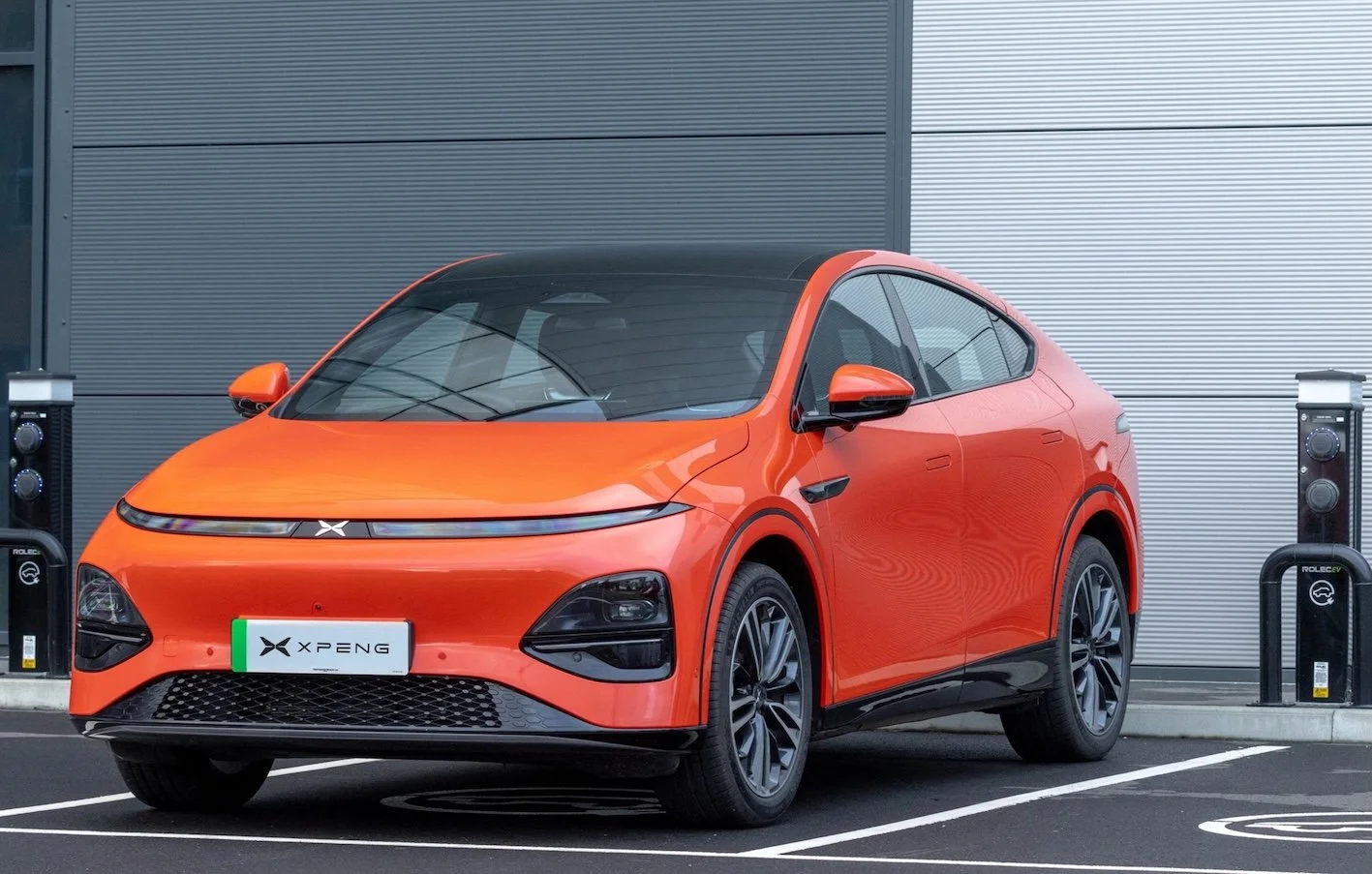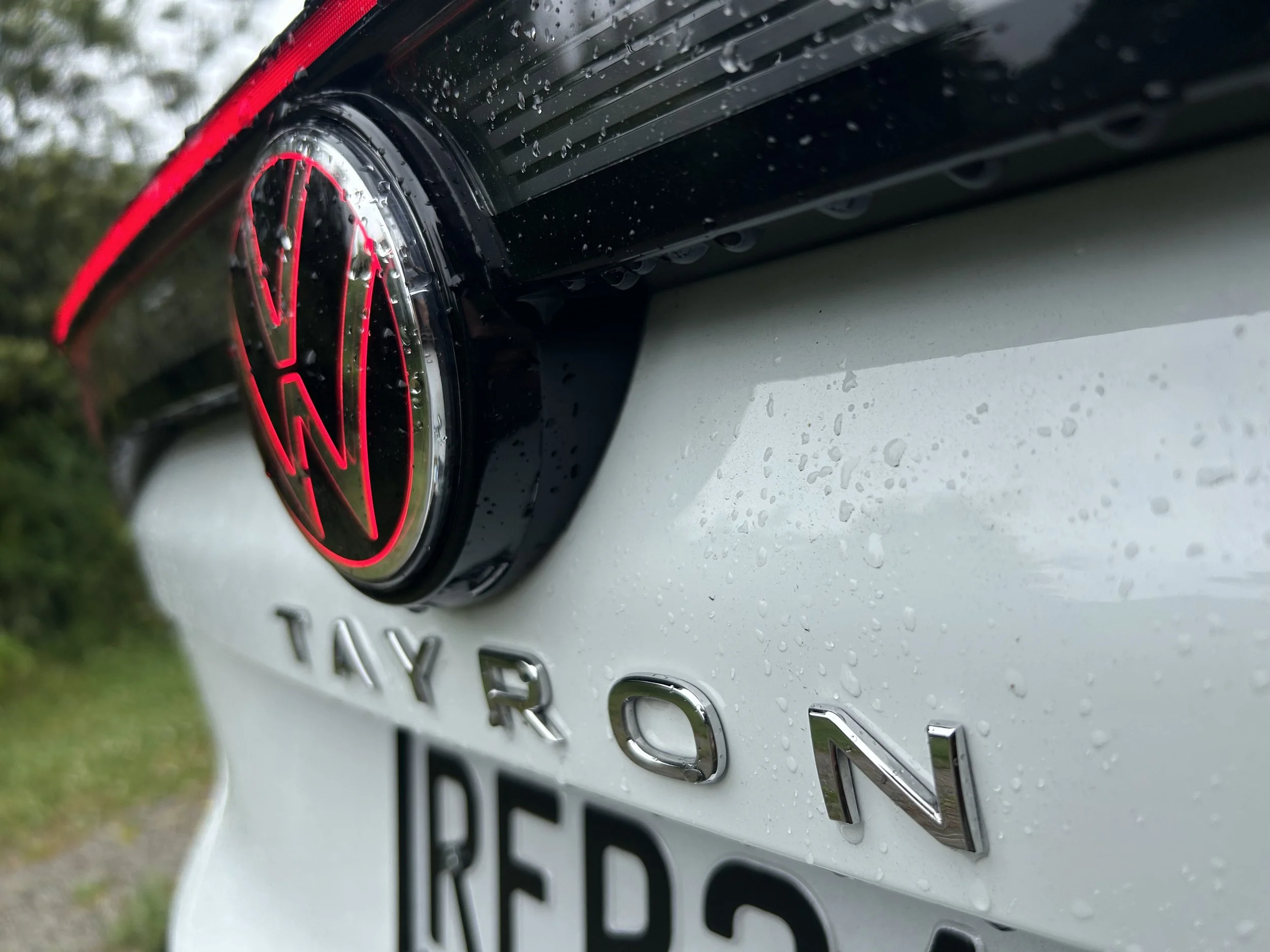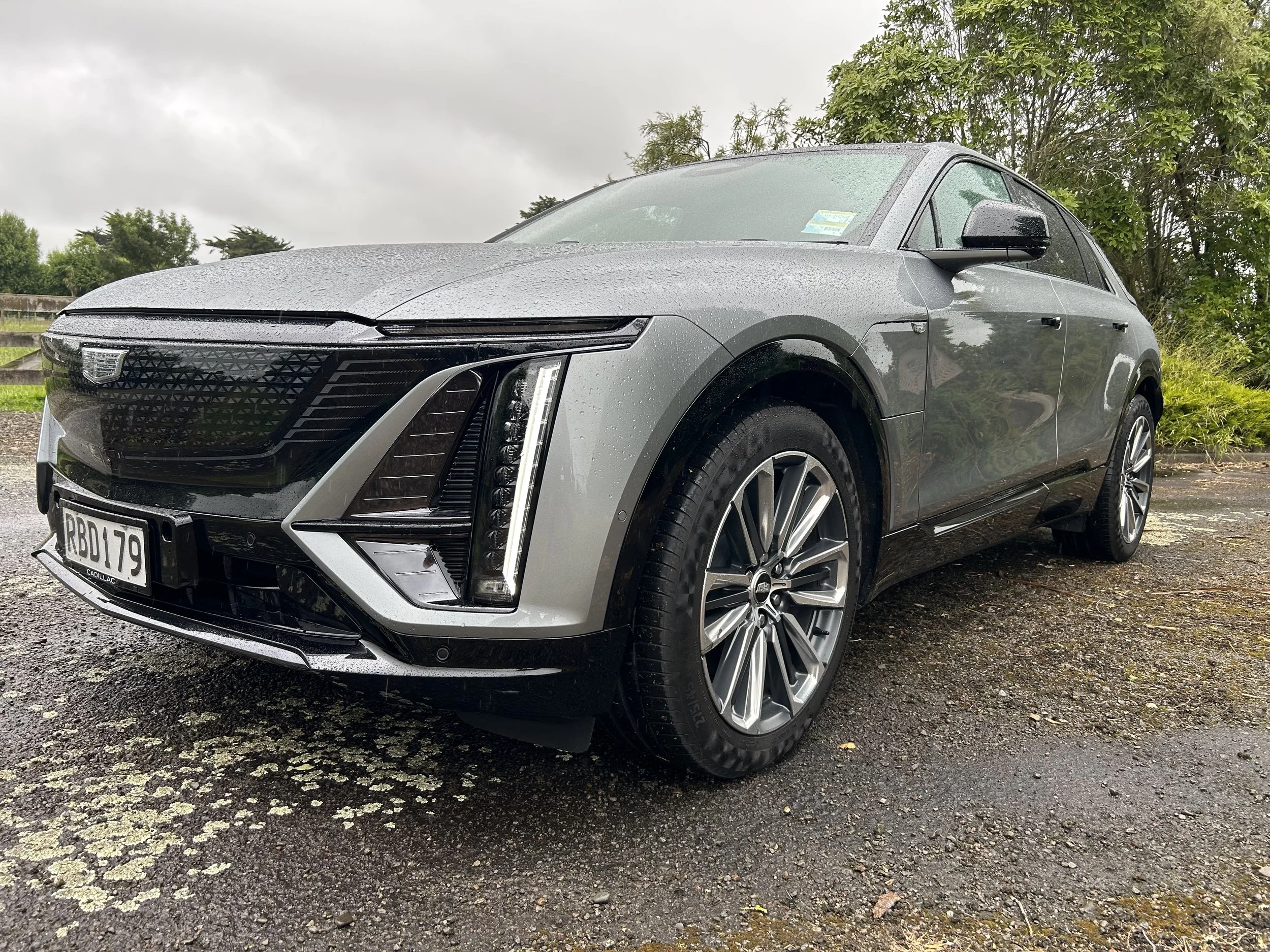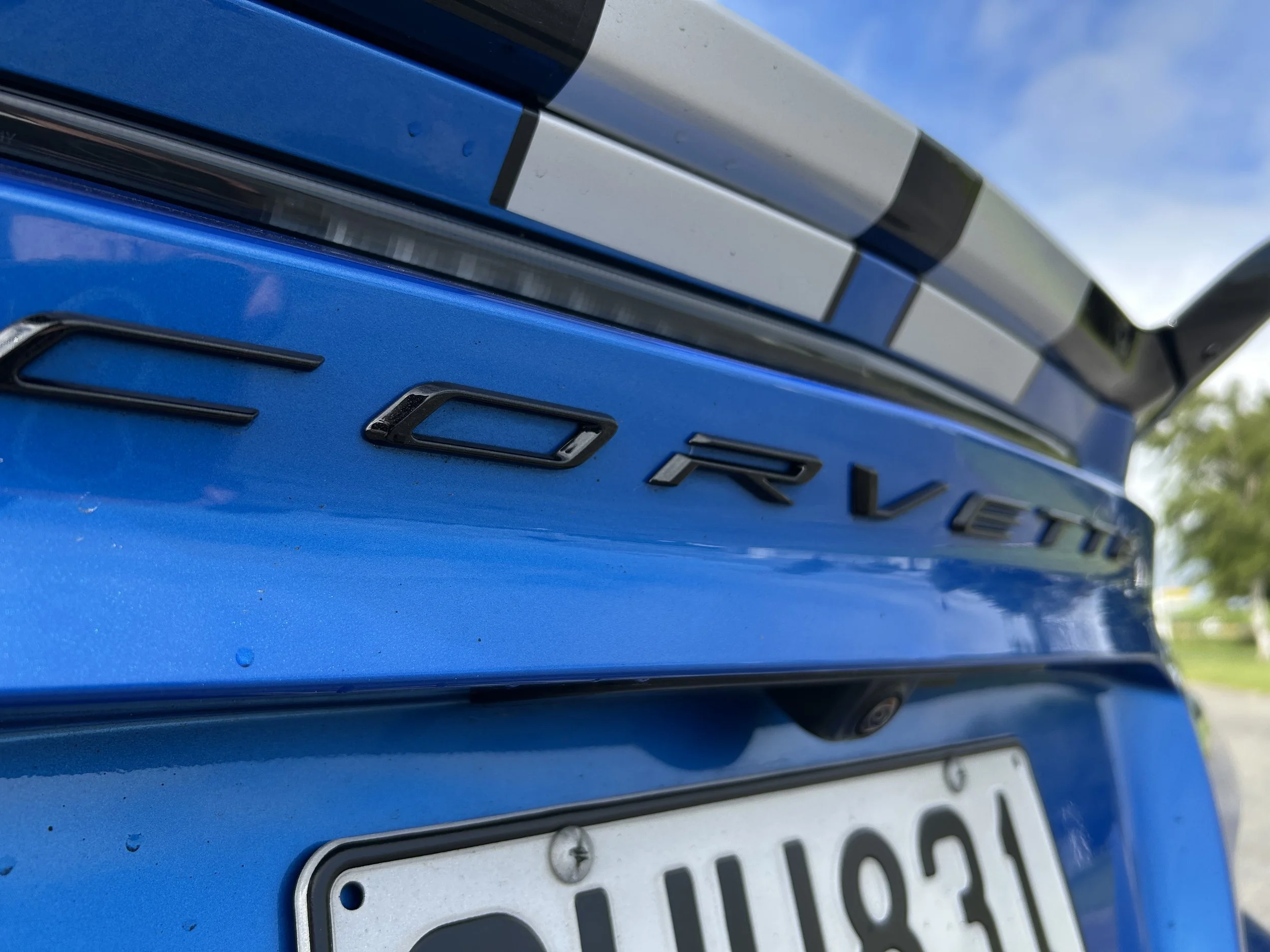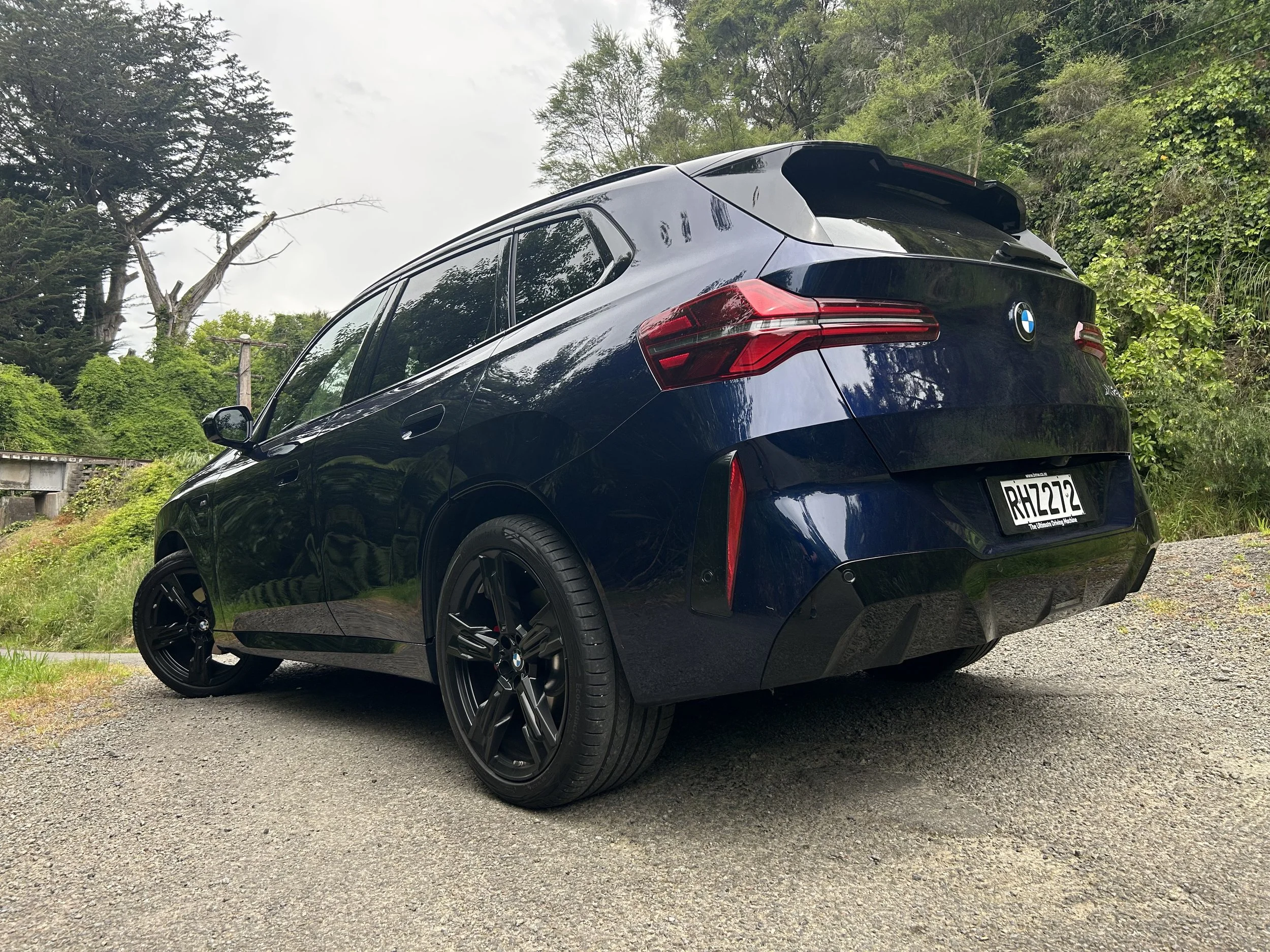In sickness or in health – what’s the impact of Covid on car distributors?
/Look around many new car dealerships and it seems clear some are running short of stock. So how hard hit are distributors?
TEN days ago Toyota New Zealand’s chief executive acknowledged the effects of Covid-19, closed borders and delayed shipping and logistics into NZ are “severely” impacting on all operational areas of his business.
Which means? Specifically, said Neeraj Lala, availability of most new popular Toyota models is impacted. Many popular models are subject to waiting lists, with potential for delays to continue into the middle of next year.
This was not news to MotoringNZ. From mid-year, we’ve been reporting the emergent issues stemming from Covid-19, notably that the big unexpected run in new car sales had severely depleted the national stockpile.
Toyota’s bold admission raised a question: Would the market leader’s bold and frank attitude encourage others to lend insight into their own situations?
Turns out they needed some encouragement. Last Thursday this writer contacted a slew of brands distributors – not all, but mainly the higher-profile players - as well the national body representing the new vehicle performers, the Motor Industry Association, to gauge their mood. The specific questions were: “What is the situation for your brand(s); what policies are in place and what message can you send your customers?”
Some provided in-depth responses. Some said they would not comment. Several did not respond at all.
First, those who were happy to offer insight:
Audi New Zealand, general manager Dean Sheed:
“The issue is threefold.
First, local demand post Covid is stronger than anyone anticipated and what is arriving was ordered and forecasted four months ago – hence we are running down local (dealer and importer stock).
“ Also, factories can’t ramp up instantly – it takes time and the shipping takes six to eight weeks. We forecast a more balanced situation in March, 2021.
“Also, though this has less impact, shipping is not back to 100 percent capacity. The shipping companies are not sailing all ships yet, hence capacity constrained.
“Our messaging to customers is simple. ‘Don’t expect the dealer network to have the perfect car for you in the feature level you desire in stock. You may need to compromise if you want it today and are not planned.’
“We have launched a “new car” all dealer stock search locator on our website to assist with consumers finding a car – not due to this situation but for a better customer experience – in addition to the usual “used car” locator. https://search.audi.co.nz/new
“Many premium customers still like to order their specific car to their specification. That’s business as usual for us.”
Ford New Zealand, managing director Simon Rutherford:
“At Ford we have seen higher than anticipated levels of demand across our range – especially on Ranger, Everest, all-new Puma and Escape as evidenced by increased shares of those segments.
“Our dealers are at historically low levels of stock and our supply chain is more under strain from COVID demand recovery and sales across multiple markets than COVID supply chain issues specifically although they are a factor when you have a 4-6 month lead time(dependent on source) from order to arrival in market.
“We would love to have more stock on the ground right now to support our customers and minimise the order to delivery time for our customers – they are having to wait longer than we would like.
“Thankfully, we have good supply “on the water” and are getting the support we need to gain additional production capacity/allocation where needed from our various plants around the world ranging across the US, Germany, Spain, Romania, Turkey and Thailand.
“We have strong order-banks going into January and on vehicles lines such as Puma where supply is tight (only 13 unregistered in market today) we are only allocating future arrival vehicles to dealers on the basis of a signed customer order.
“We have seen further disruption at the port which is a further factor impacting delivery of vehicles already built. The COVID challenges are far from over as we anticipate further disruption with supply chain capacities being squeezed by markets competing for capacity, supplier capacity ramp up challenges and distribution capacity hampering the movement of parts globally to support production and service operations. Container shortages, air freight capacity and port disruption are not new but they become more pronounced when demand is in recovery.
“We have been working closely with our dealers to support customers with loan cars if their vehicle is off road to ensure they are kept mobile over the holidays and have placed additional loan cars at dealers.
“We track and publish vehicle ETA’s to our dealers and provide our customers with their order details so they know they have an allocated unit on the way.
“At Ford we’re here to help so we encourage our customers to keep in touch and we’ve got their back – we thank them for their patience and understanding.”
Mitsubishi Motors NZ, chief operating officer Daniel Cook:
“There are two major factors influencing our new vehicle stock levels, supply and demand.
“On the supply side, we are experiencing only minor supply shortages out of the Mitsubishi factories, due to the impact on global supply chains.
“There is also a challenge getting vehicles onto boats, and offloaded in a timely fashion due to the severe congestion at ports globally as general consumer demand resumes. This is being accentuated by the Christmas retail period in NZ.
“Overall, our stock levels are lower than normal, however we are still receiving good deliveries, and in December alone we will have over 1500 units land, which is much more than a month’s supply.
“Most customers are presently waiting a month for their choice of vehicle and seem understanding of the shipping issues facing all importers.”
In respect to demand?
“Right now, we are experiencing unprecedented customer demand for our vehicles. Over the past two months (October and November) our retail sales have increased significantly on 2019, and are now limited only by our ability to supply everything our customers want.
“Our brand is doing exceptionally well this year, due to our great value offerings, relatively strong stock levels and introduction of new models like Eclipse Cross and Express van. We are strongly growing market-share, peaking at 11 percent last month.
“I expect stock will remain tight over the next six months as our growth continues.”
Subaru New Zealand, managing director Wallis Dumper
“We have been running a just in time process for decades that has fostered strong customer service and expectations plus naturally held residual values.
“ Covid19 had potential to be devastating. It did have an immediate impact and ‘just in time’ potentially became ‘just too many’. Like everyone else, we predicted the market would slow or even stop due to Covid.
“We were wrong in that assumption. The impact was not as bad as envisaged after the initial lockdown was over.
“But then the world impacts started to hit us via factory allocation shortages - so we have endured massive impact by other larger scale markets influence on the Japan factory supply.
“We have had months with not enough cars but now the good news is our new model launches in 2021 have been supported by a Subaru Corporation allocation promise.
“Based on this allocation all we can do is plan accordingly and maximise any opportunity to secure any extra stock that might become available.
“We are optimistic that we will get what the factory have promised us thus our hope is to launch the new models, like our completely new Outback, successfully and be able to deliver what customers order.
“We will strive to hold our position as the No.11 distributor in the world for Subaru. Despite all the impacts Subaru in New Zealand with only five million Kiwis is still selling more Subarus than countries like the UK with 60 million.
“My guess is that there will be various model shortages from time to time in 2021 as a result of our scale which is simply not able to influence things like a downturn in massive scale markets impact on the factory production.
“We even launched our hybrids e-Boxer models in the middle of the year despite lockdowns. We are fortunate that we go into 2021 with all models being of the 21MY model designation so that’s XV and Forester and Impreza and WRX, already arriving for 2021.
“It is all looking okay and reality is that I think other brands might start copying our business model of having customers forward order their brand new vehicle in the specific model choice knowing its … actually brand new fresh off the factory floor.
“Then we will start planning for 2022 as my guess is there will be more exciting All Wheel Drive Subaru models on the way and we will make sure we get a solid factory allocation for our loyal Kiwi customers and strive to keep all those Kiwis in our business and Subaru dealers nationwide employed too.”
Volkswagen NZ, general manager Greg Leet.
“The Volkswagen brand, like other vehicle manufactures, is experiencing supply constraints due to the impact of Covid-19 in Europe.
“Thankfully it is a very different situation here in NZ.
“We have been fortunate that the timing has coincided with the run out of the Golf and the launch of the all-new Golf 8 (expected to land in February). The same situation with Tiguan, as we run down the current model with the arrival of the new facelift in February.
“Our German colleagues have managed the situation well and as a consequence we have picked up production of other models from other markets effected with further lockdown measures.
“Supply matching demand is key to our brand, we have seen a re-set of the industry in 2020 with stocks in such short supply and I would predict manufacturers will focus heavily on this moving forward.
“We are very thankful to our loyal Volkswagen customers who have been understanding of the stock limitations. 2021 is very looking very positive with new stock arriving and we are seeing a big appetite for these new models, with a large number of customers pre-registering their interest.
Motor Industry Association, chief executive David Crawford:
“Stock arriving now was ordered three to seven months ago.
“Factors affecting supply are that markets are stronger now than when the vehicles were ordered, so demand has exceeded supply; that the source markets are still experiencing partial shut down at some factories (this disruption is reoccurring when outbreaks of Covid-19 occur in source markets) and that shipping capacity has been constrained, timeliness disrupted and so on.
“I would expect to see this pattern continue until the vaccine takes hold and Covid-19 comes under control. It may take to the end of 2021 to settle down properly.
“None of this is a surprise, apart from stronger NZ demand for cars. We predicted the current hiccups in supply back in April.
“Stronger demand has come from the $4 billion Kiwis usually spend on overseas’ travel each year instead going on cars, bikes, boats, caravans, home renovations and so on.
Hyundai New Zealand offered a single sentence response: “Certain models have been affected at certain times due to the global ramification of COVID, thus reducing production supply, however we have had and continue to have a steady supply of stock coming in.”
BMW NZ, Mercedes Benz NZ and Kia Motors NZ declined opportunity to take part. Ateco NZ (Alfa Romeo, Fiat Chrysler, Jeep, RAM, Maserati), Mazda NZ and Volvo Cars NZ did not respond.










